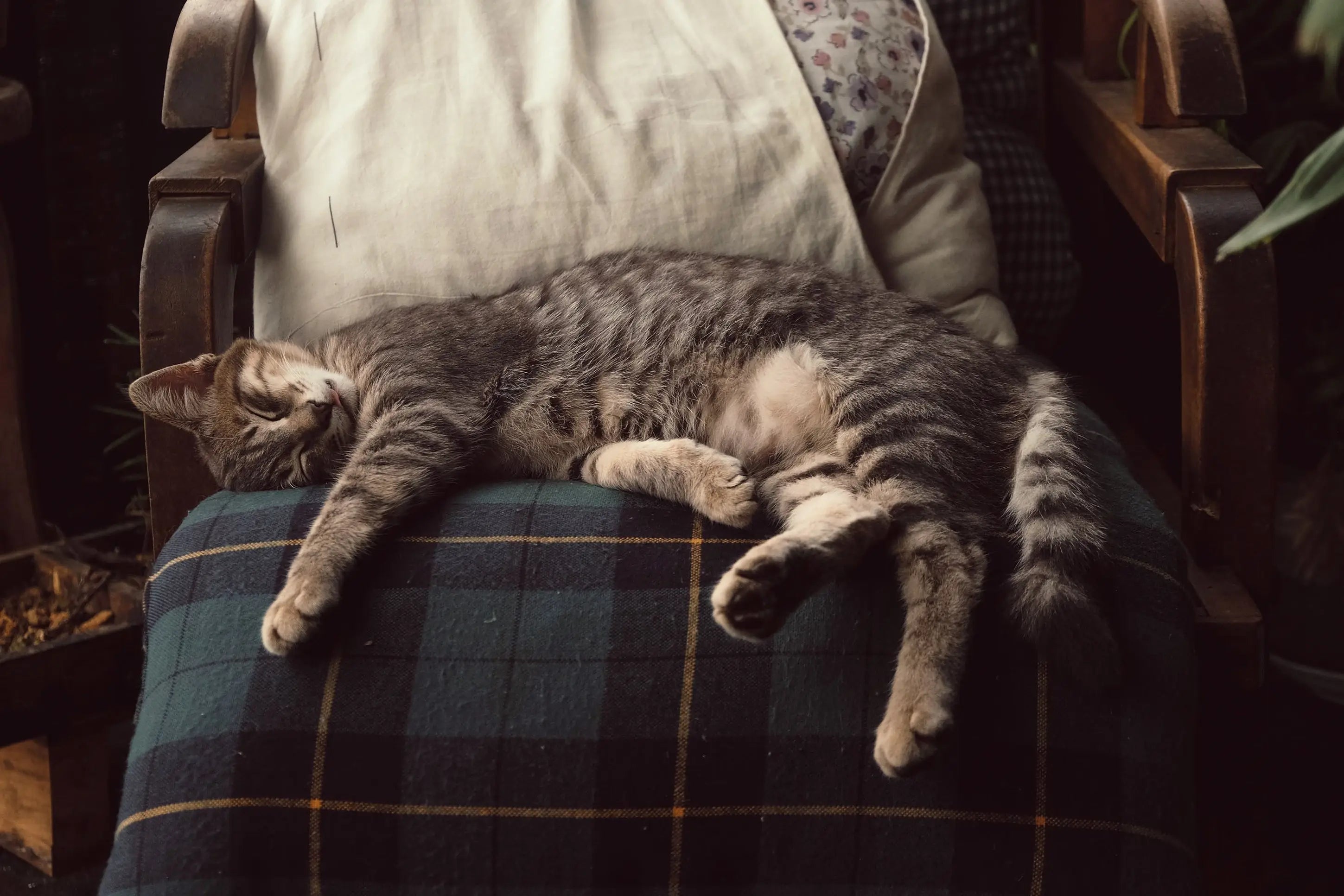There's a thing called circadian rhythm. What is it?
Each of us have an internal biological rhythm with a period of about 24 hours — the circadian rhythm. The circadian rhythm regulates our sleep and wake cycle, cognitive functions, appetite, and a bunch of other physiological functions like body temperature, hormone levels, and metabolism.
Now, finally, let's get into ornithology and find out: what are larks and owls?
Despite the fact that the duration of the circadian rhythm period in humans is almost 24 hours, its peak points may differ depending on which chronotype you belong to. For example, the morning type "larks" go to bed and wake up earlier, their peak of mental and physical performance falls on the first half of the day. The evening type "owls" work better in the afternoon and go to bed and get up 2-3 hours later than the "larks."

What does the chronotype depend on?
- Genetic factors determine whether people belong to a particular chronotype by 20-50%
- Environment: light and dark cycle, work schedule, family interactions (children can change chronotype of their parents)
- Gender and age: teenagers most often have the "owls" chronotype, while children and the elderly have the "larks" chronotype more often. Men are more likely to have an evening chronotype than women.
Influence of chronotype on health
The following patterns were identified:
- "Owls" are more likely to consume caffeinated beverages, alcoholic and energy drinks. They eat fewer fruits and vegetables (1)
- "Owls" are more prone to depression, anxiety, and schizophrenia (2), while the morning chronotype is associated with better mental health indicators (3)
Perhaps these patterns are correlated to the phenomenon of "social jetlag." The fact is that the modern world is more suited to "larks,” but not "owls." The preference of "owls" to go to bed and get up later in society is considered a manifestation of laziness, disorganization and lack of discipline. Work and study schedules don't take into account the biological characteristics of people with the evening chronotype.

The need to get up early leads to the fact that "owls" constantly violate the natural rhythms of sleep and wakefulness. Constant lack of sleep in the long term leads to an increased risk of mental and physical diseases: depression, anxiety disorders, diabetes, cancer, heart disease and strokes.
It is also more difficult for "owls“ to demonstrate their true potential at work and school: they get grades (4) worse than” larks," since the peak of their mental and physical activity falls on a later period.
Why do you need all this stuff and why is it useful to know your chronotype?
* To understand what time of day you are most productive. Thanks to this knowledge, you can optimize your work so that you can work on important tasks during the biological peak. You can even reserve time in the day schedule for this period and try to work without distractions.
* To understand what time you should go to bed.
You can use this link to take a test and determine what kind of bird you are and what chronotype you belong to:
https://www.cet-surveys.com/index.php





Share:
Thyroid: small organ with a huge importance
True or false: all diseases are due to genetics?